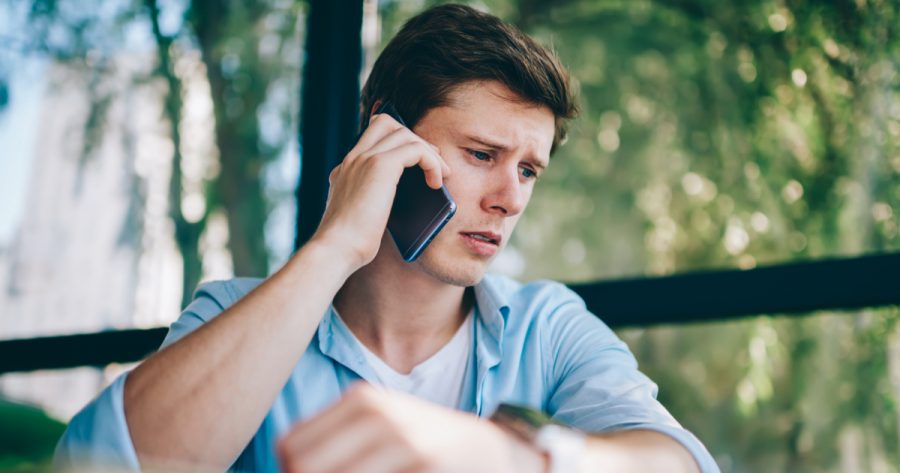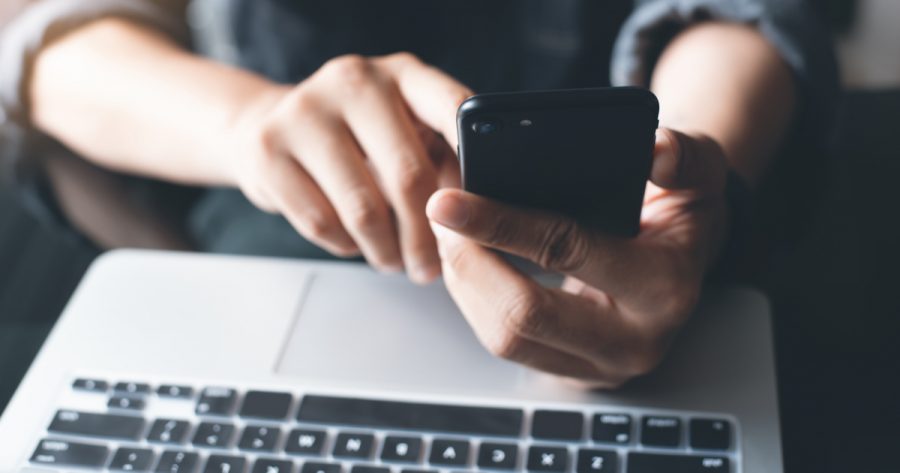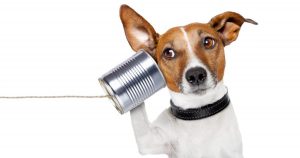
Are you worried about someone spying on you? Then you should know how to detect whether someone is spying on you via your cell phone or not. Here are few top listed signs so that you are able to detect or find if your mobile phone has any spy tracking software installed on it. Let us know if you have any questions. It is vitally important to be able to detect spy-software on your cell phone before you open messages or emails that you think may be dangerous. Some of these signs can be caused by other things so you need to use your judgment.
Can Police Tap Your Phone Without You Knowing?
Yes it is possible for a third party to tap your phone without you knowing. There are few ways that they can do it but one way is they can put something physical on your phone. This is some type of bug that will gather all your calls call logs and SMS logs. The second and the most popular way is when they connect to your ISP (Internet Service Provider) and they will get everything through that point rather it be text messages, the client server between the person callings phone into the service line or even emails.
How to Know If Your Phone Is Being Tracked by Police

Wondering: Can anyone listen to someone’s phone calls without them knowing for free? The answer is YES! Everyone is always wondering how to spy on someone’s phone without touching it. In recent years, the government has hired several private companies who have access to the cloud to duplicate the phone. This means take calls, messages, data that is being brought to and from your phone. It is so much easier for the government to tap phones and track data, because all our cellphones are connected to the cloud. In recent years, the government has gotten a little bit more creative with tracking your phone. Here are some of the “spy” companies that your local authorities may have access to for tracking your phone!
1. You’re Having Difficulties Turning Off Your Device
Having a really hard time powering off you device could mean that something is not right. For instance; you can try shutting off your phone but it will say it is powering off and just remain on and it could also power off on it’s own or you could try not using your phone for a couple minutes but the battery is dead when you just charge it. Based on our research findings, these issues can mean spying activities. If you need to know how to tell if your phone is tapped, look out for these unusual behaviors in your phone. It is not easily detectable but, look out for it!
2. Decreased Phone Battery Life
Moreover, another indicator of a tapped cell phone is reduced battery performance. A sudden decrease in battery life could be a sign of electric eavesdropping. This is because spy software constantly keeps running in the background and it requires much energy to run. Thus, your mobile phone shows a short battery life.
3. You’ve Noticed Some Unusual Activity
Once you determine that your battery life is losing to quickly – it is a tell-tale sign of how to tell if your phone is tapped. The times that it requires charging doesn’t add up and you never used your mobile phone for a longer period of time. So, be careful in monitoring your battery life. This could save you from spying activities.
4. Background Noise When Making a Call
If you are looking for signs to show how to know if your phone is tapped, your apps stop working, phone restarts itself without you pressing any button, or your phone light up or make a noise while not in use could be just the tip of the iceberg. You can never be too conscious of what is going on with your phone. All the above signs just mean that something is wrong with your phone but, not is necessarily your phone being tapped.
5. Electronic Interference
One indication that your phone may be tapped is a marked increase in strange occurrences around your cell phone. Often, they occur while you’re on it. Is your cell phone interfering with your radio or TV? Static or buzzing that you only hear occasionally may indicate electronic eavesdropping.
6. You’re Phone Is Spending More Data Than Usual
If your phone is sending or receiving information without your knowing, there will be an increase in your cell phone bill. It’s simple to find this spyware on your cell phone by simply using the cell phone’s internet capabilities. An unexplained increase in your cell phone bills can also be caused by taps.
7. Performance Issues
The first signs of tapping or surveillance will always be subtle and are indicators that you have to be aware of if you believe you can be a target. However, if you encounter any of these symptoms when you do not use your phone then should not panic because it could only be a defect in the software but if you experience any of these symptoms when you are using your phone then you should be careful. So before getting into the main methods of finding if your phone is bugged or tapped let us briefly discuss about the symptoms where you can identify if your phone broke down.
How to Check If Your Phone Is Tapped by Police
If your phone has been subject to surveillance, it means that your calls, messages or data may be being redirected to another device. To confirm that this is the case, you can use Man-Machine Interface (MMI) codes which help you detect and terminate any unauthorized call or data forwarding. Inputting the Subject’s MMI codes on your device keypad (every carrier’s subject codes are different) and then pressing the call button.
For Verizon and US Cellular users:
- Dial *92 to view all call and data forwarding settings.
- Dial *93 to clear all call and data forwarding settings.
For AT&T and T-Mobile users:
- Dial *#61# to display a list of all call and data forwarding settings.
- Dial # #61# to clear all call and data forwarding settings.
You can also verify these settings through your phone’s menu.
To verify these settings through your phone’s menu:
For iPhone users:
- Navigate to Settings > Phone > Call Forwarding to manage this feature.
For Android users:
- Access the Phone app.
- Tap the three-dot icon.
- Select Settings.
- Navigate to Supplementary Services > Call Forwarding (Samsung) or Calls > Call forwarding (Google).
- Ensure that there are no active settings in place.
What to Do if Your Phone Is Tapped
- Inspect for any Spyware: To figure out if your phone has been compromised with spyware, consider downloading legitimate apps such as anti-spyware software like Avast. It is crucial to ensure any spyware is removed as soon as possible.
- Cooperate with Authorities: If you believe your phone is being tapped by the police for some anticrime or antiterrorism investigation it’s probably in your best interest to cooperate with the authorities and be totally honest with your situation.
- Consult an Attorney: If you suspect that authorities have been listening to your phone calls or have been reading your text messages, an attorney can provide advice about your legal rights. An attorney can provide you with advice about the best ways to protect your rights.
- Explore Legal Remedies: If you believe that your phone is being unlawfully monitored by law enforcement, you have the option to pursue legal action against such actions. It’s important to note that without a court-issued order, the police cannot engage in phone tapping.
- Exercise Caution with Calls: If you have concerns about phone tapping, exercise caution when making calls. Assume that any conversations held over the phone could be recorded, and refrain from discussing sensitive or potentially incriminating matters.
Final Verdict
So if you have the pleasure of knowing that you’re phone is tapped by the police it should be a concern to you. It may mean that they have something on you that they are investigating or so forth. Assuming you are concincered, which you should be. If you are furtherly sure that you are innocent on whatever they are trying to investigate you on, you should be preparing to work and cooperate with the police so they can finish up their investigation.
However, if you think that you phone is being monitored without a proper legal warrant then it is important to talk to your lawyer right away. Your laywer will guide you and a seek potion and take necessary steps to deal with the matters.
You have the ability to pursue legal action if someone does come to you talking about phone monitoring that should never have happened or anything that is against the privacy law you can go after them or if someone were to use once such as a police over the phone to get a search warrant on your house you could also do some litigation on that so if you’re ever in a situation like this you might want to be aware of all that.

